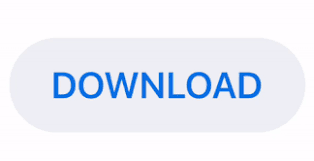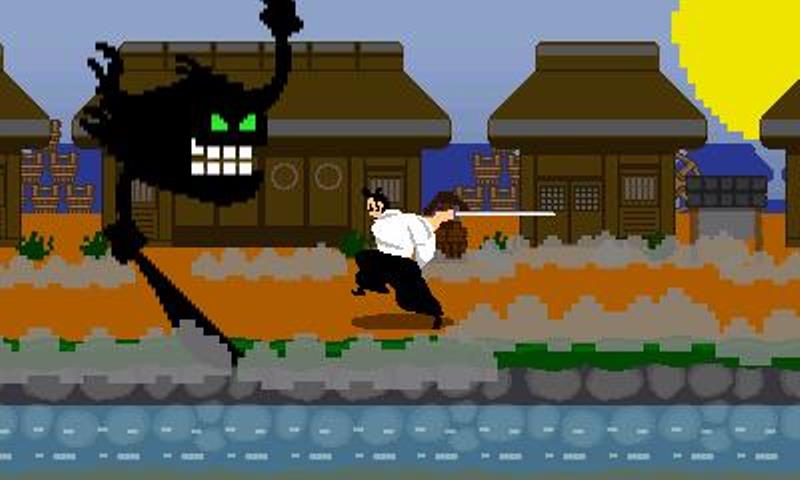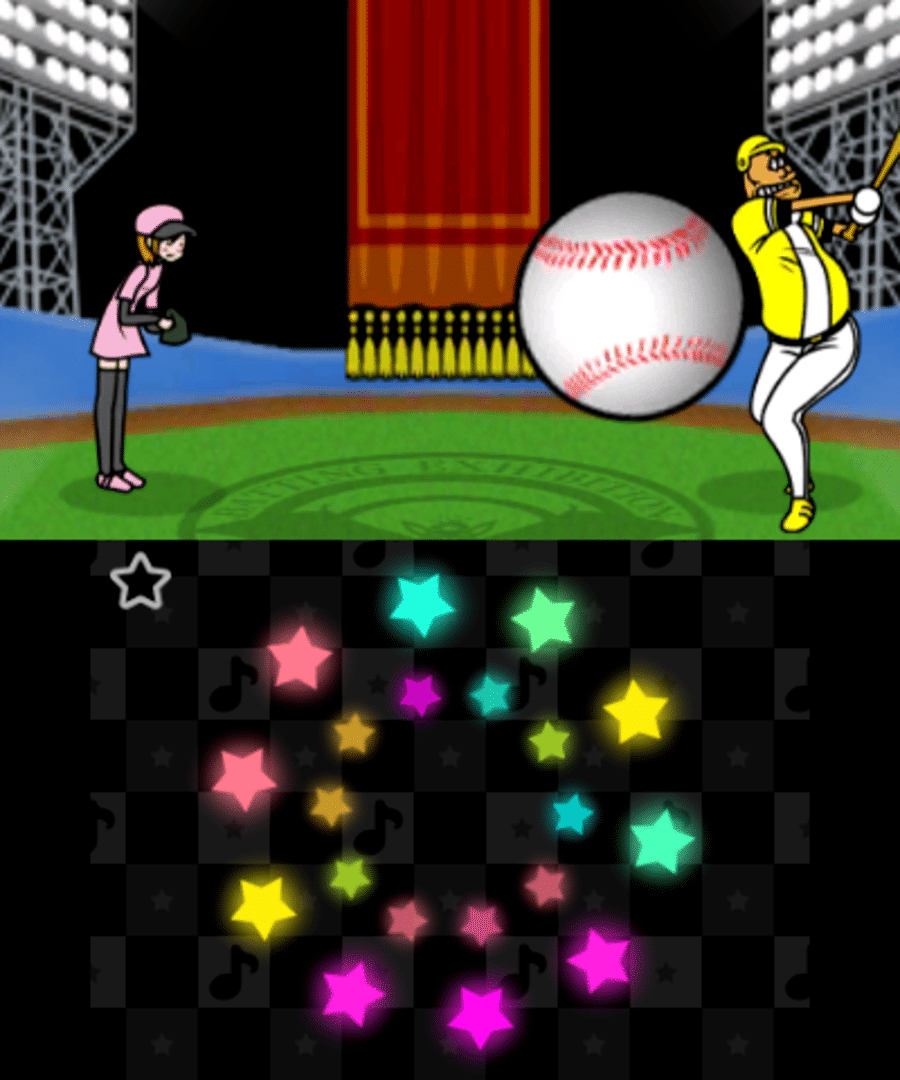

But the lyrics in this game are the absolute pits whoever converted the Japanese-heavy vocals from the import version totally dropped the ball.

You're not going to get familiar licensed tracks in this DS title, but you're definitely going to hear some fun and original toe-tapping tunes.

As fun as Rhythm Heaven is, it wouldn't be a great music game without great music. It's innovative and surprisingly addictive, even though you're really only doing two different stylus motions. On the DS, you'll be flicking ping pong balls in a rally, taking photos of a fast-paced Grand Prix, and slicing vegetables as a dog ninja…all to the beat of the music. And they're all just as completely off-the-wall as they were in the Game Boy Advance version.

Just as Rhythm Tengoku kept things simple, Rhythm Heaven only requires those two input mechanisms in its 24 different rhythm challenges. Instead of tapping a button along with the music, players instead tap or flick the stylus against the touch-screen in time to the beat using the visual and audio cues to know which to do and when. In context, Rhythm Heaven is a brilliant DS continuation of the Game Boy Advance game, but since we didn't get the first game, the DS title will feel completely original. Instead of recreating games like Parappa the Rapper or Dance Dance Revolution where players tap the appropriate button when the symbols tell them to, the designers focused more on quick-fire rhythm-based situations: hit a baseball, pluck facial whiskers, and clap hands…all by watching the cues and pressing the button in time to the music. The team, fresh off the Wario Ware franchise, approached the music genre in similar fashion as it did the action genre in Wario Ware: thinking completely out of the box. To truly understand Rhythm Heaven, you really have to go back a bit in history: the game started out as a Japanese Game Boy Advance title called Rhythm Tengoku.


 0 kommentar(er)
0 kommentar(er)
